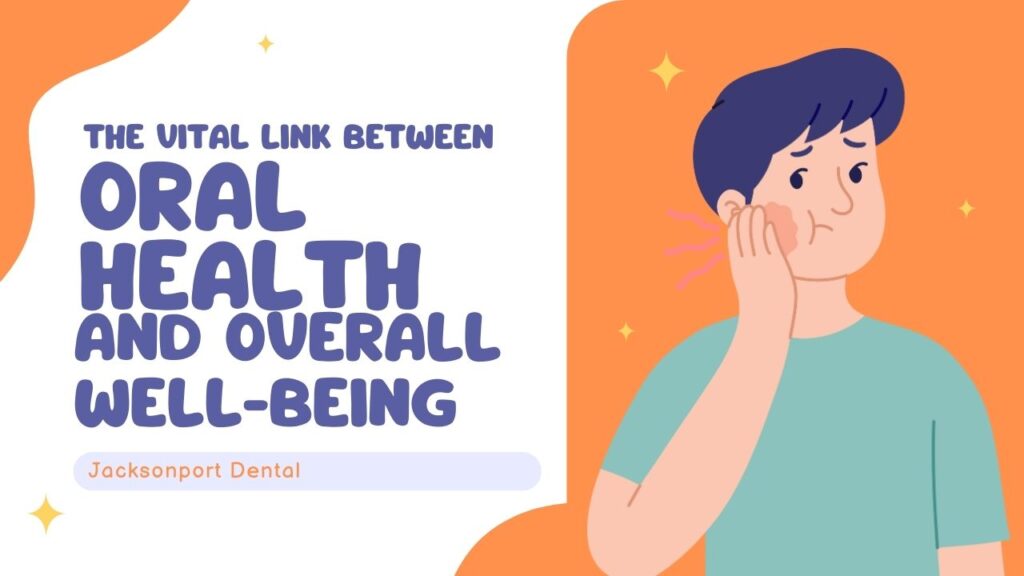When one thinks about good health, dental care may be the last thing that comes to mind. On the contrary, good oral hygiene and regular dental check-ups greatly contribute to overall health. Evidence has shown a correlation between oral health and various systemic conditions, underscoring why one should care for their teeth and gums—not just for a beautiful smile, but for whole-body wellness.
1. Oral Health and Heart Disease
Research has demonstrated that gum diseases, or periodontitis, can increase the risk of heart disease. Infections from gum disease can travel through the bloodstream, depositing plaque in arteries and heightening the risk of heart attacks and strokes. Poor oral health also raises the risk of endocarditis, an infection of the heart’s inner lining, due to bacterial accumulation in the mouth.
Takeaway: Brushing and flossing, along with dental check-ups, protect your heart health.
2. Oral Health and Diabetes
The relationship between oral health and diabetes is two-way: diabetes can make one more susceptible to infections, such as gum disease, due to fluctuations in blood sugar levels. Conversely, gum disease can make it harder to control blood sugar, creating a cycle that exacerbates diabetes. Good oral health management aids in blood sugar control and helps prevent complications related to diabetes.
Takeaway: Good oral health supports better diabetes management for those with the condition.
3. Oral Health and Respiratory Health
Bacteria from gum disease and oral infections can migrate from the mouth to the lungs, potentially causing respiratory infections like pneumonia. This is particularly concerning for people with weakened immune systems or the elderly, whose defenses may be less robust.
Takeaway: Good oral hygiene reduces the spread of bacteria, supporting better respiratory health.
4. Oral Health and Pregnancy
Many pregnant women are unaware that oral health impacts pregnancy outcomes. Gum disease during pregnancy is associated with complications like preterm birth and low birth weight. Hormonal changes during pregnancy can increase susceptibility to gum disease, making dental health essential.
Takeaway: Good oral hygiene and routine dental visits are key to a healthy pregnancy.
5. Oral Health and Cognitive Decline
New research indicates that poor oral health may be linked to cognitive decline, including Alzheimer’s disease. Chronic periodontitis—a long-term gum disease—can cause systemic inflammation, potentially contributing to or accelerating dementia.
Takeaway: By taking care of your gums and teeth, you’re not only protecting your oral health but possibly supporting long-term cognitive well-being.
Practical Steps to Improve Oral and Overall Health
Here are some habits that support both oral and overall health:
- Brush twice daily with fluoride toothpaste to remove plaque—a sticky film of bacteria—and prevent cavities.
- Floss daily to clean between teeth and under the gumline, areas a toothbrush can’t reach.
- Limit sugary foods and drinks that contribute to tooth decay and may lead to systemic inflammation.
- Stay hydrated to maintain saliva levels, which naturally limit bacterial overgrowth.
- Visit your dentist regularly for check-ups and cleanings.
We hope this explains that,
Oral health is more than just your teeth; it’s a reflection of your body’s overall health. At Jacksonport Dental, we are committed to helping patients recognize that good dental health plays a key role in a balanced, healthy life. If it’s been a while since your last dental visit, schedule an appointment to care for not just your smile, but your entire well-being.



